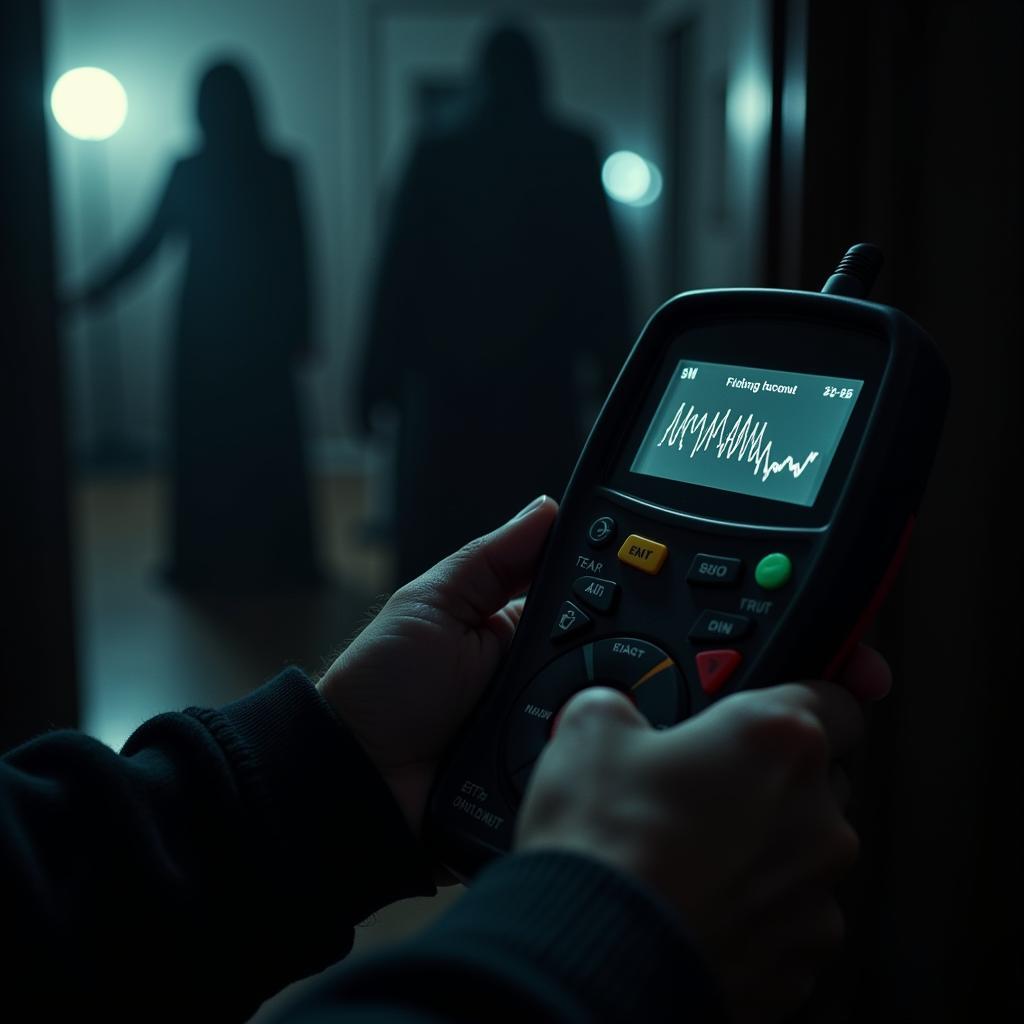Instrumentation in research refers to the tools and techniques used to collect data. It’s the bridge between your research questions and the evidence you gather to answer them. Whether you’re exploring the effectiveness of a new teaching method or investigating paranormal phenomena, the right instrumentation is crucial for obtaining reliable and valid results. Choosing the appropriate tools can be the difference between a groundbreaking discovery and a dead end. More than just selecting a survey or a device, instrumentation involves a careful consideration of the entire data collection process, ensuring it aligns perfectly with your research objectives. See how important this concept is? Let’s delve deeper.
What exactly are we talking about when we discuss instrumentation in research? It encompasses the entire process of developing, selecting, and utilizing the tools and procedures needed for data collection. This includes everything from surveys and interviews to sophisticated equipment like EMF meters and thermal cameras. Proper instrumentation ensures that the data collected is relevant, accurate, and reliable, ultimately contributing to the credibility and validity of the research findings. It’s like choosing the right lens for a camera—the wrong one can distort the image, while the right one captures a clear, focused picture. instrumentation research example provides further insights into how practical application can solidify this concept.
Different Types of Instrumentation in Research
Instrumentation takes on various forms depending on the nature of the research. In quantitative research, the focus is on numerical data, often gathered using standardized instruments like questionnaires and tests. Qualitative research, on the other hand, explores complex phenomena through in-depth interviews, observations, and document analysis. Each approach requires different instrumentation, tailored to the specific research questions and the type of data being sought.
Instrumentation in Qualitative Research
Qualitative research often involves using tools like interview guides, observation protocols, and document analysis frameworks. These instruments are designed to capture rich, descriptive data, often focusing on the experiences, perspectives, and meanings attributed to a phenomenon. For example, in a study exploring the experiences of individuals who claim to have witnessed paranormal activity, researchers might utilize semi-structured interviews to gather in-depth narratives.
Instrumentation in Quantitative Research
Quantitative research relies on numerical data, often collected through standardized instruments like questionnaires, surveys, and tests. These tools allow researchers to gather data from a larger sample size, enabling statistical analysis and generalization of findings. For instance, if we want to understand the prevalence of belief in paranormal phenomena across a specific population, we might use a survey with closed-ended questions to collect quantifiable data. instrumentation in quantitative research provides a deeper dive into the specifics of this type of instrumentation.
How to Choose the Right Instrumentation for Your Research
Selecting the appropriate instrumentation is a crucial step in any research project. The tools you choose must align with your research questions, the type of data you need to collect, and the resources available. Consider factors such as validity, reliability, and practicality when making your decision. For example, if you’re studying the effects of electromagnetic fields on paranormal activity, you’ll need specialized equipment like EMF meters, which are designed specifically for that purpose.
Why is Instrumentation Important?
Instrumentation is essential for ensuring the rigor and validity of research. It allows researchers to collect accurate, reliable, and relevant data that directly addresses their research questions. what is research rigor explains the importance of meticulousness in research, a quality heavily reliant on appropriate instrumentation. Without proper instrumentation, research findings can be flawed, misleading, or even meaningless. It’s like trying to build a house without the right tools – the foundation will be weak, and the structure unstable. research instrumentation provides a broader look at the importance and impact of instrumentation in various research fields.
 Research Instrumentation: EMF Meter
Research Instrumentation: EMF Meter
Conclusion
Instrumentation in research is the cornerstone of reliable data collection. Choosing the right tools, whether a simple survey or a complex piece of equipment like an EMF meter, is paramount to obtaining valid and meaningful results. example of instrumentation in research showcases diverse applications of this crucial research element. By carefully considering your research questions, the type of data required, and the available resources, you can ensure your instrumentation is perfectly aligned with your research goals, paving the way for insightful discoveries.
FAQ
- What is the difference between instrumentation and methodology?
- How do I ensure the reliability of my research instrumentation?
- What are some common examples of instrumentation in social science research?
- How can I choose the right instrumentation for a qualitative study?
- What are the limitations of using certain types of instrumentation?
- How does instrumentation impact the validity of research findings?
- Where can I find more resources on research instrumentation?
Need support? Contact us 24/7 at Phone Number: 0904826292, Email: [email protected] or visit us at No. 31, Alley 142/7, P. Phú Viên, Bồ Đề, Long Biên, Hà Nội, Việt Nam.